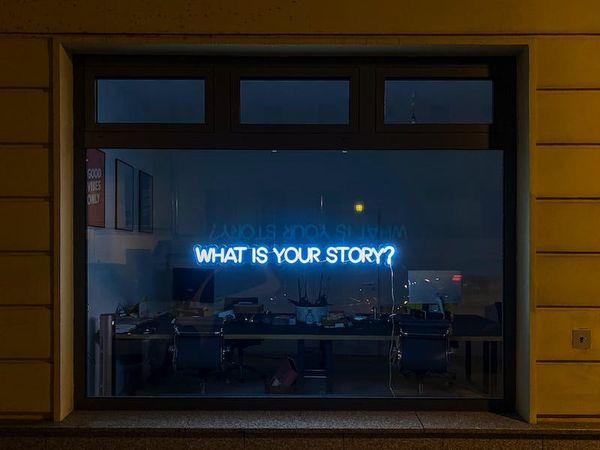Rewards & Expectations

Welcome back to the Effortless Action Newsletter! Every week, I share findings from across a range of disciplines to better understand “What gets us to take action?”
Hey friend!
I have a little bit of a different newsletter for you this week. Instead of my normal weekly essay, here are a collection of the notes that I’ve been working on this week.
I’d really love to know what you think of this, compared to past essays that are a bit more structured. In turn for sending a little less “polished” content in the newsletter each week, I’ll be working on making some more thorough, researched, and polished essays over on the blog.
Let me know what you think! Are you excited for this new content, or would you prefer the weekly essays?
In the meantime, onto the content!
Facilitating rewards
In the Motivation flywheel, reward takes us from action to inspiration. But how do we facilitate this process?
Here are a few ways from Therapy in a Nutshell.
- Figure out your valuesTaking action in alignment with your ideal self feels good. When you know your values and know that your actions are in alignment with them, its extremely rewarding. Take the time to reflect on both your actions and values to see how those two are aligned.
- Track your accomplishmentsUsing todo-lists, habit trackers, big calendars, etc. can work great as accountability tools to help you keep your chain. Personally, I’ve really enjoyed the gamification of Habitica, and it’s honestly one of the biggest things that’s kept me going with writing & researching.
- Stop rewarding bad behaviorWhen we use things like video games or social media to procrastinate, it engages our dopamine system, practically rewarding us for procrastinating. No wonder why we keep doing it. When we turn off the dopamine faucets and allow ourselves to just be bored, we’re more likely to go do the thing we’re procrastinating.
- Reward yourself before the taskYou can try visualizing what the experience will be like once the task is complete. Not only can feeling a bit of those emotions now give us a tiny push in the right direction, but visualizing the end state of the task we need to do can actually help us when it comes to Cost-Benefit Analysis.
If any of these tips resonate with you, don’t just keep searching, for the next tip. Give one of these a try. Implement it into your systems. Add it to your reflections. Take one piece of this and add it to your toolbelt.
The power of expectations
In one study, researchers showed that our expectations of what we’re given can change the way we physically respond.
Researchers gave 65 college students either a placebo, or 200mg of caffeine. However, they told them that they were either getting caffeine or adderall. As a control, those who received caffeine felt “more high, stimulated, anxious, and motivated” over those who just received the placebo. This is what caffeine does naturally, so this was expected.
However, those expecting adderall reported stronger amphetamine effects, and performed better on a working memory test, than those expecting caffeine. These students’ expectations of what they were going to receive changed the way that they actually performed.
If that wasn’t enough, there’s also expectation bias, which is the reason for the placebo effect.
When we believe that something will happen, we’ll subconsciously change our behavior or ignore data that doesn’t support what we believe to support our own narratives.
Even fake surgeries can work when we expect them to.
I’ll have more content around expectations coming out in the near future, but in the meantime, take some time to reflect on what your expectations for yourself are.
What are your expectations for yourself?Are they serving you, or are they dragging you down?Do they push you to do good work, or do they remove satisfaction from showing up?— Joe Goodman (@joe_goodman_) January 4, 2022
Thanks for reading!
Let me know what you thought of this week’s newsletter in a reply to this email, I’d really love to know your thoughts!
Have a lovely weekend!



